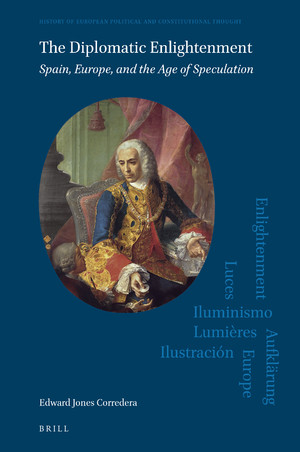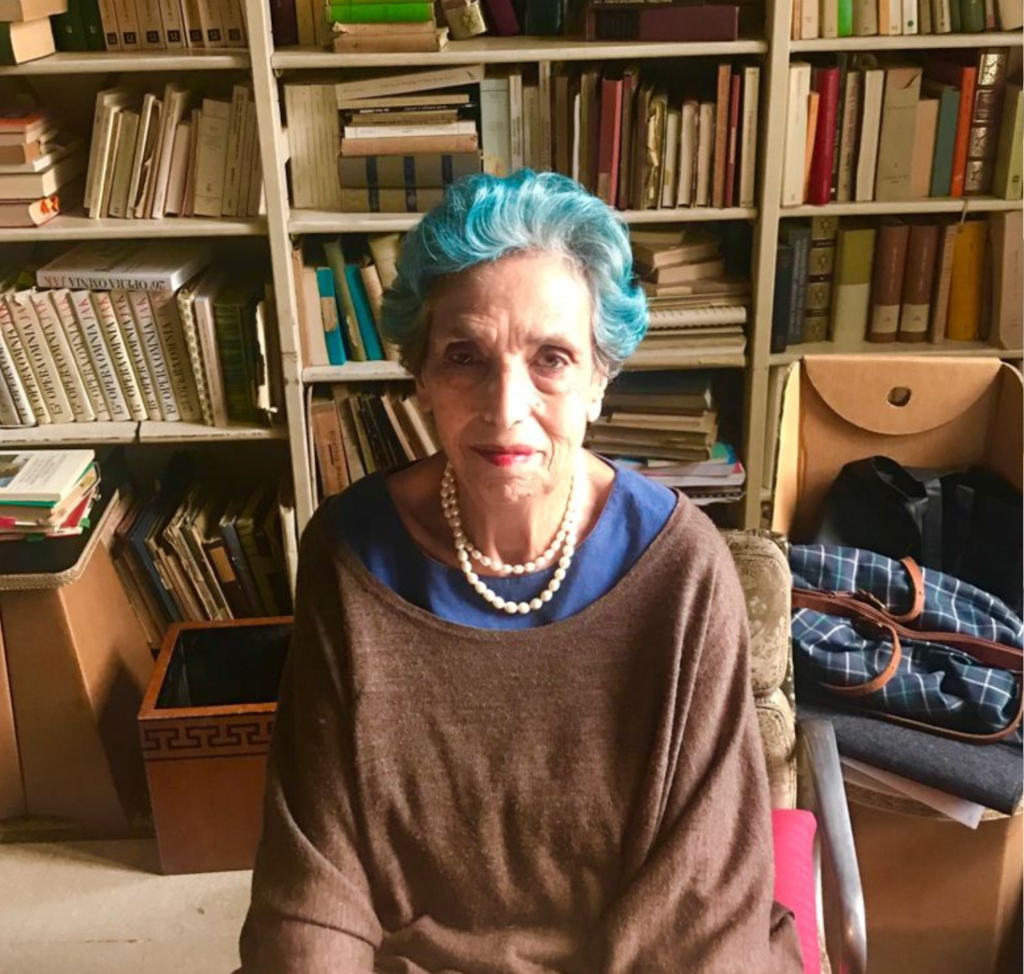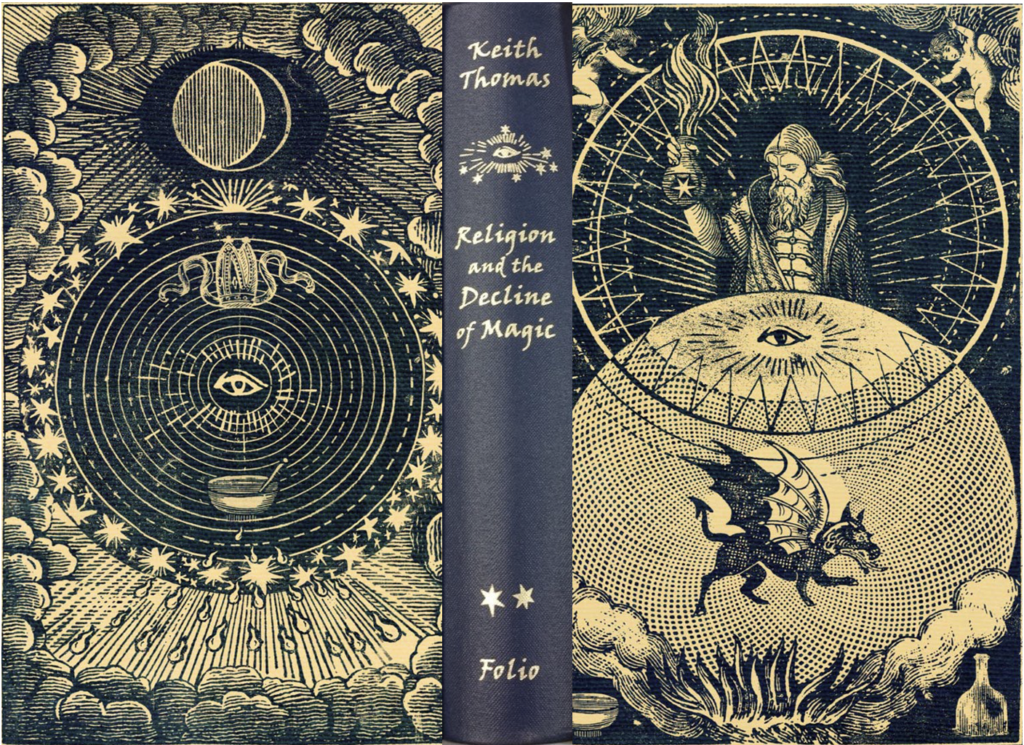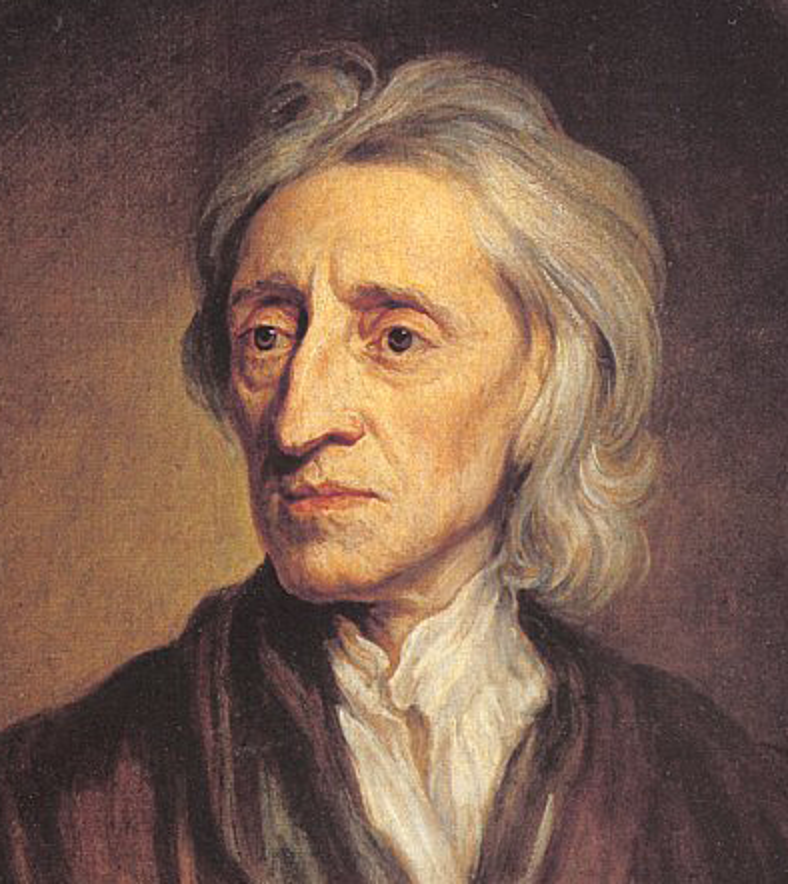Graduate Symposium, 6 May 2022
The Journal of the History of Ideas, the JHI Blog, and the University of Pennsylvania invite graduate students from all institutions, disciplines, and stages of their degree to propose papers for our fourth annual Graduate Student Symposium on “Ideas in/about Interaction” on Friday, 6 May 2022 at the University of Pennsylvania. The symposium coincides with and explores the theme of this year’s JHI Lovejoy Lecture, to be delivered immediately following the symposium by Professor Ann Blair (Department of History, Harvard University).
The JHI Blog invites paper proposals that address collaboration and co-authorship in the history of ideas. The event aims to convene a diverse group of graduate students from different disciplines working on a variety of topics, periods, genres, and regions. For the purposes of the symposium, we conceive of authorship as both a conceptual framework and a set of practices that claim authority over particular intellectual arrangements.
Papers might engage with such questions as:
– Who is considered an author in intellectual history? What practices and interventions are recognized as authorial in historical records? Why are some practices and interventions considered authorial, while others are not?
– How can we render explicit the nascent power hierarchies in collaborative intellectual production? How have historical subjects conceived of “intellectual collaboration”? What does intellectual history look like from the vantage point of “the assistant”?
– How do intersectional identities (and related power structures), such as those of class, gender, race, caste, and ethnicity, shape intellectual production?
– How can intellectual history contribute to decentring the myth of
the author as a lone individual? Which methodologies offer insights into the interpersonal, interactive process behind fully formed intellectual frameworks?
Exploring these questions, relevant proposals may address topics including but not limited to: histories about collaboration and histories that have been written collaboratively; invisible intellectual labour; the politics and context of collaborations and co-authorship; and the place of editorial work in intellectual production.
Proposals should be no more than 500 words and make clear how the paper responds to this call, the argument it intends to make, the source base, and how this project fits into the larger work of the author (e.g. a seminar paper, dissertation chapter, article to be submitted to a journal, fledgling idea).
Please send your paper proposal along with a one-page CV to blogjhi@gmail.com. The deadline for submission is 10 January 2022. We will notify selected participants in early February 2022.
The symposium is tentatively planned to take place in person, with the flexibility to go hybrid or fully online should the situation require.
Some travel support for invited participants is available. Each participant will pre-circulate an article-length paper in advance. On the day of the symposium, participants will workshop their article-length papers in small break-out groups led by a faculty discussant. All questions can be directed to the JHI Blog editors at blogjhi@gmail.com.





